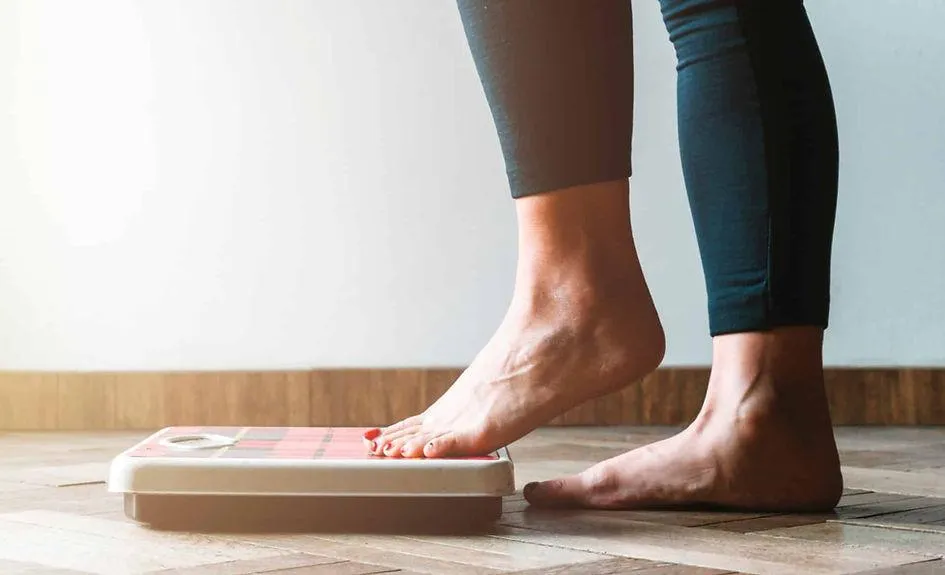105 Laurel Creek Rd. SE Suite 1 Calhoun, GA 30701
(706) 749-4810
Monday - Thursday: 8:00 - 6:00 Friday : 8:00 - 12:00 Saturday & Sunday: CLOSED
Welcome to Alpha Wellness Lab
Your Path to Wellness Starts Here.

Weight Loss Solutions

Hormone Replacement

IV Infusion Therapy

Body Contouring
Why Alpha Wellness?
We are Calhoun's premiere wellness facility and hope to be your choice for any weight loss, IV Hydration, and hormone replacement needs!
Boost energy and vitality with tailored IV therapy treatments.
Achieve sustainable weight loss through expert-guided programs.
Restore hormonal balance with personalized testosterone therapy.
Improve immune strength with immune-boosting IV drips.
Enjoy fast, convenient care designed to meet your unique health needs.




Weight Loss
Our weight loss management services aim to provide a comprehensive approach to weight loss that addresses both the physical and psychological aspects of the process, with the ultimate goal of helping patients achieve long-term weight loss success.
→ Semaglutide (Ozempic, Wegovy)
→ Tirzepatide (Mounjaro, Zepbound)
→ Phentermine (Adipex)
→ B12 Injections
→ Lipo B Injections

Men's Health
Our services include a comprehensive laboratory evaluation and examination. Our provider will recommend optimizations that may lead men to experience a rejuvenating transformation and rediscover their best selves.
→ Testosterone Replacement
→ Performance Enhancement
→ Improved Body Composition
→ Erectile Dysfunction

Bioidentical Hormone Replacement for Women
Our services include a comprehensive laboratory evaluation and examination. Our provider will recommend optimizations that may lead women to experience a rejuvenating transformation and rediscover their best selves.
→ BioTE® Hormone Replacement (BHRT)
→ Improved menopause symptoms
→ Improved body compensation
→ Increased sexual desire

IV Hydration
Each of our IV drip treatments is specially crafted and chock full of fluids, antioxidants, vitamins, medicines and nutrients to help tackle a number of common symptoms people experience when they aren’t feeling 100%.
→ Myers' Cocktail
→ Migraine & Headache
→ Immune Booster
→ Hangover
→ Beauty Infusion
→ Weight Loss
→ Energy

EMSlim
EMSlim is a non-invasive, pain-free procedure that is able to build and tone the abdomen, buttocks, thighs, calves, back, biceps and triceps, without the need for excessive exercise or invasive surgery.
→ Build muscle
→ Burn fat
→ Firm skin
→ Boost lymph

Cryolipolysis
Cryolipolysis, also known as Fat Freezing, is used for a permanent reduction of stubborn fat cells such as love handles or thighs. This non-surgical body contouring procedure requires no downtime and one area can be done in as little time as during lunch break.
→ Body sculpting
→ Targets stubborn fat
→ Lifts and tightens
DISCLAIMER: Some of the services provided have not been evaluated by the Food and Drug Administration. These products may not be intended to diagnose, treat, cure, or prevent any disease. The material on this website is provided for informational purposes only and is not medical advice. Always consult your medical provider before beginning any therapy program.
Who We Are
The mission of Alpha Wellness Lab is to help as many people as we can to live a healthier, more productive life by providing quality service while promoting responsible choices to enhance the health of all our patients within the community. We offer safe, FDA approved weight loss solutions, hormone replacement therapy for men & women, body sculpting, and IV infusion therapy to help you look and feel your best.

Our Team

Jason Smith, DNP, FNP-C
Owner & Nurse Practitioner

Miranda Solis (Front Desk), Jacqueline Miller, MD (Medical Director), Jason Smith, Kim Eaton, LPN (Nurse)
Alpha Wellness Lab Team
Virtual Tour
Frequently Asked Questions
Got a question? We're here to answer! If you don't see your question here, drop us a line on our Contact Page.
Do you take insurance?
We do not take insurance for our visits as we prefer to spend our time with our patients instead of negotiating with insurance companies. If you need labs, imaging, or other insurance-based items, you are still able to use your insurance for those. You may also have out-of-network benefits. We can give you a superbill to get reimbursement from your insurance (this does not apply to medicare patients)
Do you accept HSA or FLEX spending for payment?
Yes! Both HSA or FSA (Flex Spending Account) can be used to pay for appointments, treatments, and services.
Do I have to be extremely overweight to be eligible for the medical weight loss program? What if I only need to lose 5-10-15 pounds?
Our weight loss programs are not simply for people who are extremely overweight but are for anyone who is unhappy or feels unhealthy due to their weight. We will tell you if you shouldn’t, or don’t need to lose weight, or if you are not the right candidate for one of our weight loss programs for any reason. Our goal is your overall health.
I am interested in your hormone replacement therapy. Do you see women?
Yes, we see both men AND women for hormone replacement therapy.
Are your weight loss programs safe if I have diabetes or any other medical conditions?
Not only are the Alpha Wellness Lab programs safe for people with diabetes, hypertension, and other medical problems – they are helpful in controlling any further complications that result from these diseases. More than this, our weight loss programs can help alleviate many of the other conditions that result from obesity, including arthritis, coronary artery disease, sleep apnea, lower extremity edema, hypertension, and high cholesterol.
Do you see a lot of your patients losing weight?
Yes! Almost all of our patients lose weight. Definitely, ALL the motivated and compliant ones. And, with ongoing focus, they keep it off.
What happens after I lose the weight?
After you reach your goal weight, you’ll enter the maintenance phase of the program. You’ll continue to visit Alpha Wellness Lab as needed to help you maintain your weight loss and to ensure you have the best healthy eating, exercise, and behavioral strategies to keep off the weight – for good.
TESTIMONIALS
What Others Are Saying..
DISCLAIMER: Some of the services provided have not been evaluated by the Food and Drug Administration. These products may
not be intended to diagnose, treat, cure, or prevent any disease. The material on this website is provided for informational
purposes only and is not medical advice. Always consult your medical provider before beginning any therapy program.

FOLLOW US
COMPANY
CUSTOMER CARE
LEGAL
©2024 by Alpha Wellness Lab. All rights reserved







